Integrating schoolyards for play, work, and learning
Historically, free spontaneous play was tempered with physical work and set in the fields, barnyards, streams, countryside, and vacant city lands. Today, children are abandoning outdoor exploration, free play, and learning in nature for sedentary cyber play, junk food, and the destructive effects of high stakes testing and over-protectionism. The dilemma thickens. During the first decade of the present century, more than a quarter of American children and more than half of those in developing countries have grown up in urban slums. Most may never experience more than fleeting contacts with the natural wonders of wild places and farms and accompanying heightened senses and creative products of meaningful work and transformative play. Many will find their traditional grounds for play taken by machines, concrete, and steel or closed by fences, traffic, and privacy claims. How do we encourage outdoor play in this world?
Growing awareness of the consequences of such developments, plus climate change, worldwide destruction of ecosystems, and population expansion are spurring unprecedented development in urban parks, neighborhoods, and schoolyards. This article addresses contemporary trends in transforming schoolyards and school curricula for integrating play and work, natural and built playgrounds, and indoor and outdoor learning. These trends are intended to improve children’s fitness, health, development, and emotional security. They address the need to counter such fundamental issues as lack of experiential hands-on learning through play and work, effects of climate change, and preserving the natural environment. Today’s children will be the future arbiters of such developments and issues, so learning time is now.
This is a formidable menu but integrating free, active play and nature study in outdoor environments into the daily lives of school children is a central factor in healthy human development. Gardening and nature study are not merely contemporary issues. They were recognized and implemented more than a century ago with the creation of the nature study movement, the allied School Gardens Movement, and the children’s gardening movement created at the Brooklyn Botanic Gardens in 1914. In 1973, the National Gardening Association (NGA), which was formed to influence the establishment of a garden in every school, intended to help children and adults understand linkages between plants, gardening, food, and health. An NGA survey found that in 2007 more than $35 billion was spent on promoting and developing gardening. (Frost, 2010). Following such patterns means examining, integrating, and promoting play and work in indoor classrooms and outdoor schoolyards.
Integrating Play and Work in Schoolyards.
Many early play scholars were in agreement that play and work in classrooms and schoolyards are distinct but related and valuable for child development (Frost, 1992). Froebel held that plays of childhood are the germinal leaves of later life, and the creative actions of children are the basis of education. Dewey argued that play and work engage the whole child, reduce the artificial gap between school and home life, and result in social and intellectual ends. Piaget tied the play/work distinction to his scheme of cognitive development, maintaining that the difference between the two is one of degree. Vygotsky distinguished play as a leading factor in development, proposing that changes in play represent growing emphasis on reality and more complex forms of thought. Csikszentmihalyi wrote that during play the child is at the peak of his/her freedom and dignity and believes that the quality of life is improved by applying play to human activities such as physical and academic work.
Scores of contemporary scholars and nature organizations echo the central role of play, work, and nature in human development. The Children & Nature Network develops programs for securing rationale, research data, and promoting international action for getting children into nature. A 2011 CNN survey shows children and youth getting outdoors in nature increasing from one million in 2009 to three million in 2011. The National Wildlife Federation (NWF) and the National Recreation and Park Association (NRPA) joined forces in 2012 with a three-year goal to combat “indoor childhood” and lack of “green time” by reconnecting 10 million children with the many benefits of nature – health, school readiness, academic performance, and overall well-being. Such challenges are taken seriously by growing numbers of American schools.
Creating the “Outdoor Classroom.”
For almost four decades Redeemer Lutheran School in Austin, Texas has been a research site for outdoor play. Over time, steps were taken to integrate classroom investigation and learning with outdoor play/nature yards and to identify benefits for preschool and elementary school children resulting from daily play and work (both physical and academic) in built and natural outdoor schoolyards. Integrating the Redeemer schoolyards for play, work, and learning began with the creation of natural and built environments in 1974. The play and nature yards were started in a barren outdoor playground by volunteers (men, women, and children) and University of Texas graduate students to provide and create play materials and equipment from scrap and to plant shade trees, fruit trees, shrubs, and small vegetable gardens. The earliest grounds were gradually transformed into three developmentally based playgrounds and natural areas with manufactured equipment periodically removed and replaced for research purposes. During the early 1990s, an essential element for development, regular instruction, and maintenance at integrated schoolyards was added – an adult to guide and support the children’s nature experiences. This science enrichment teacher, a skilled naturalist, provides hands-on science and nature experiences for most of the school’s 500 students, preschool through middle school.
A space adjacent to three playgrounds for two to twelve-year-olds was transformed by adding a greenhouse, tool shed, cages and pens for animals, gardens, composting area, rainwater collection tank, traditional hand water pumps, native plants for attracting wildlife, and a covered arbor or pergola. This resulted in a planned, enriched outdoor play/work/learning yard for all age groups. An adjacent oversized indoor classroom contains a kitchen for food preparation and technology for science investigations and media work. In addition to the scheduled, formal lessons, informal on-going work is organized for students for the care of animal and plants. All this is used to support formal investigation and informal play, utilizing both nature yards and adjacent playgrounds.
The “Land Down Under,” a half-acre rainwater detention pond named by a child, is a favorite place for play and learning. This area is planted in bald cypress and pecan trees, native switchgrass, and wildflowers. Such place-based environments take learning off the schoolbook page and make it contextual, productive, and sensory. Children roll down the hills, build forts, and test branches of cypress trees for swinging and climbing. The area is also used for children’s research and experiments. For example, students adopt a tree. They study the specific structure of their selected tree - examine bark, flowers, seed characteristics, tree growth, and food production.
The program is supported by numerous nature-based organizations. (Frost, Keyburn, & Sutterby, 2010) Early in the creation of “outdoor classrooms” children participated in the Junior Master Gardener program developed by the Texas AgriLife Extension Service, Texas A&M University, and the National Wildlife Federation. The NWF guided the development of a Certified Schoolyard Habitat. This program helps teachers and children learn how to create and study natural habitats that attract and support wildlife. Other resources included
- GEMS for guiding teachers;
- Project WILD for conservation education and teacher training;
- Project Learning Tree for curricula, teacher training, and grant opportunities.
Evolving Nature Projects
Helping children learn to use manual tools is complementary to using technology. Planting and tending gardens are accompanied by learning about leaf and plant structures by using I-pad apps “in the field.” There are both common and unique benefits in raising rabbits, raking leaves, and eating food from school gardens in the school cafeteria. The instinctive bond between humans and other living systems is seen and understood through such experiential learning. Hands-on composting and observing decomposition results in natural learning about the dynamics of change. Observing, measuring, and predicting weather in the school weather station gives children a sense of the orderly predictability of seasons and appreciation for the vagaries of weather.
A patch of Butterfly Milkweed was planted to attract migrating Monarch butterflies. Monarch Watch, the University of Kansas education, conservation, and research program provides online resources and butterfly tags to help children identify the myriad number of insects that inhabit the host plants for Monarch caterpillars. Children follow the Monarch migration by logging milkweed and butterfly sightings for Journey North, a global study of wildlife migration and seasonal change. The extended Texas drought provides ample field investigation of the effects of climate change.
The Integrated Indoor/Outdoor Classroom: Multidisciplinary and Project Based on Hands-On Experiential Learning.
In active cooperative learning, diversity of approaches is evident. Music and the visual and dramatic arts are natural accompaniments to science and nature investigation using real-world experiences and technology. The teacher plans with the children for integrating health, literature, math, music, science, social science, visual arts, tool use, technology, physical fitness, and social media. In addition, the natural world is an ideal context for spiritual and moral instruction and guidance. Evaluation is more than merely taking a common written test. Teacher observation, cooperative planning, and cooperative evaluation with children all enter into the diagnosis of individual and group needs and planning future investigations.
The indoor/outdoor program is oriented to teaching the whole child. Daily gym and recess, active learning, the arts, and nature study complement the balanced indoor curriculum. The obesity level is less than one-third the Texas level. The campus is a microcosm of natural, academic, and technological systems for enhancing child development, improving health, promoting learning, and studying the challenges faced as world population increases and finite natural resources are depleted.
During the past quarter-century, the multiple faces of playing, working, and learning in nature were transformed for most American children. Technology, social evolution, changing patterns of parenting, and the culture of schooling kept children indoors and sedentary at home and school. The consequences for health, fitness, and learning were quick to follow. Now parents and schools are rejecting the failed high stakes testing championed by politicians and beginning to modify school environments and curricula to address realities of the 21st century. Children’s traditional love affairs with nature may never again approach the freedom of the wilderness open to them for centuries, but schools and society are now learning to bring the wiles of the wilds – the magic of nature – to the neighborhood, backyard, and schoolyard.
References
- Frost, J. L. (2010). A History of Children’s Play and Playgrounds. New York & London: Routledge.
- Frost, J. L. (1992). Play and Playscapes. Albany, NY: Delmar.
- Frost, J. L. (2009). General Session Address, U. S. Play Coalition and Clemson University, Summit on Play.
- Frost, J. L., Keyburn, D., & Sutterby, J. (2010). Notes from the Land Down Under: Transforming a Sterile Urban Schoolyard Into a Nature Wonderland. In Hoot, J. L., & Szente, J. (Eds.). The Earth is Our Home: Children Caring for the Environment. Olney, MD: Association for Childhood Education International.
- Appreciation to J.D. Fralicker for assistance with photos.

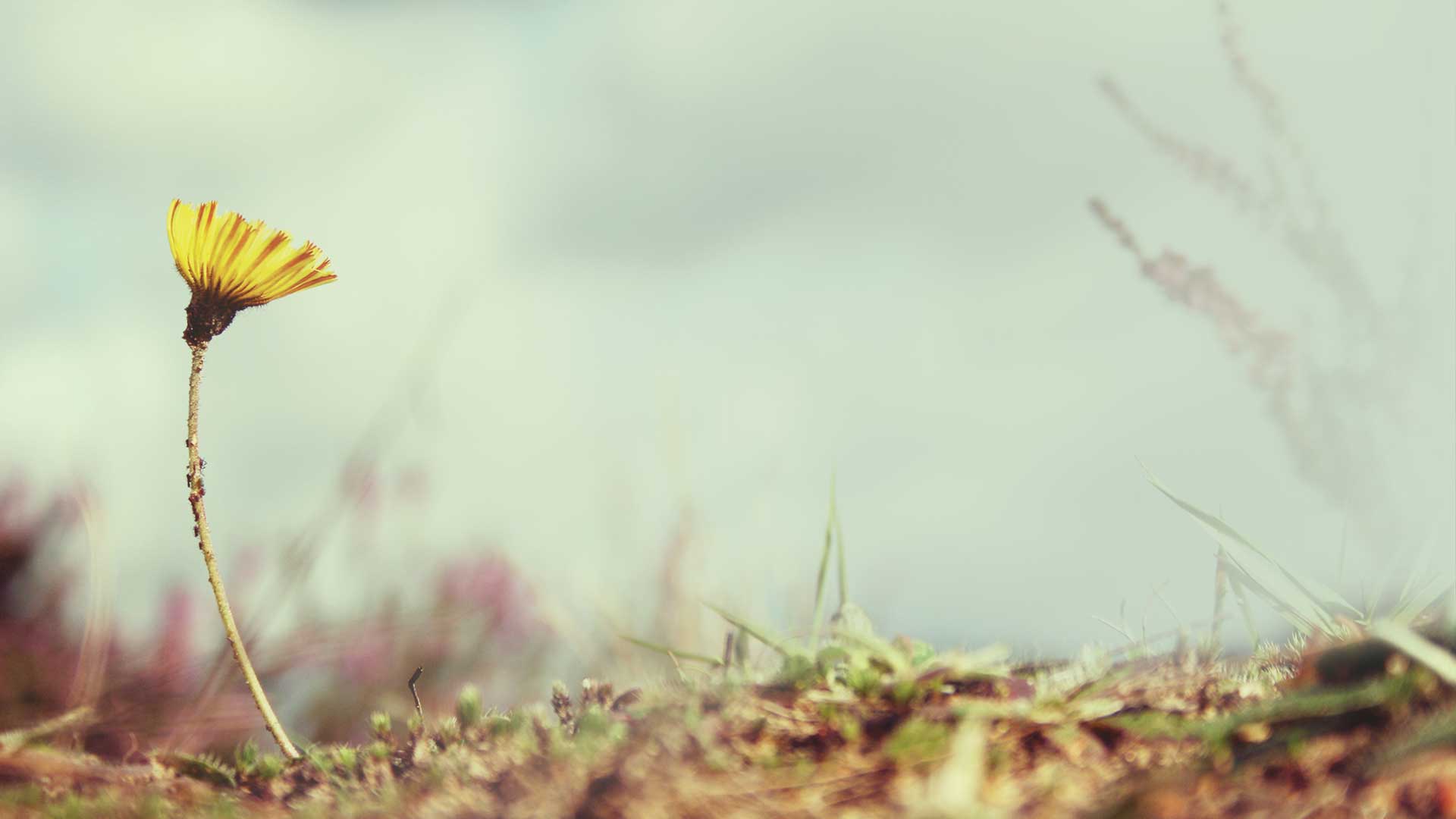

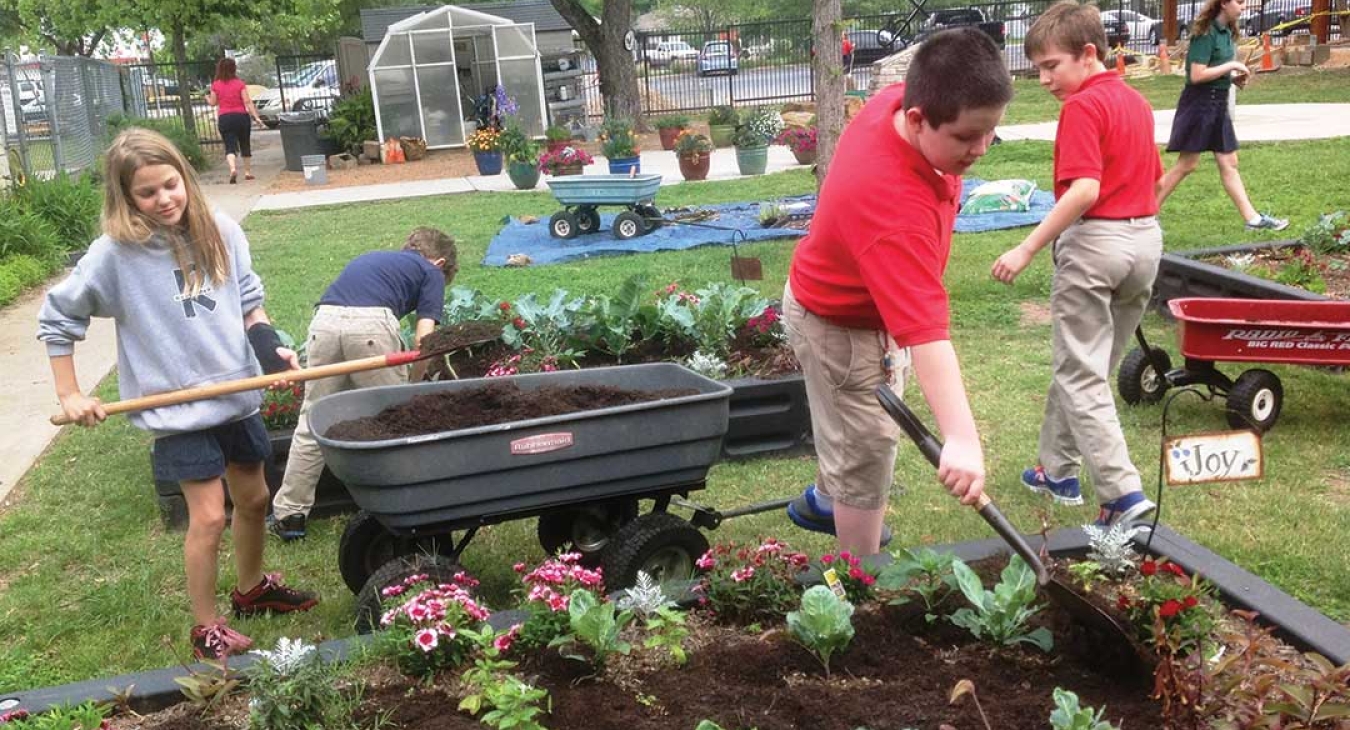
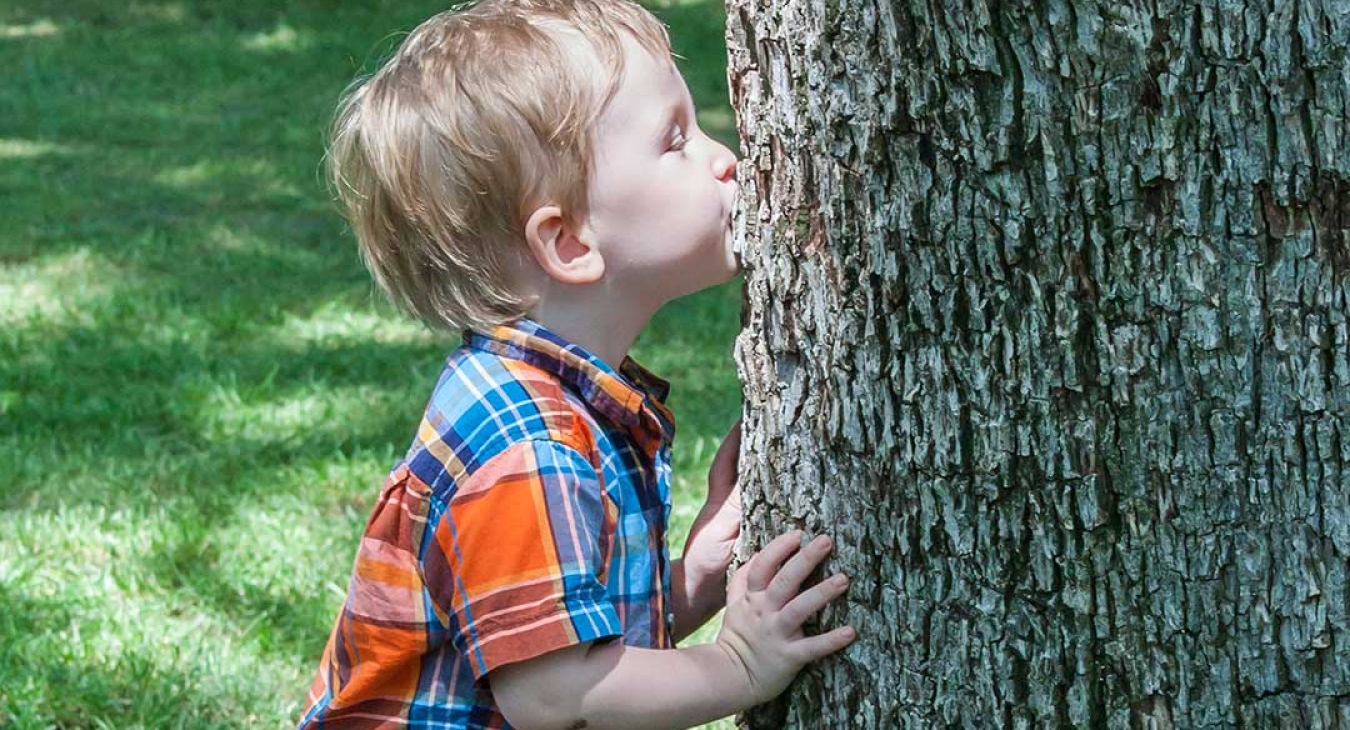
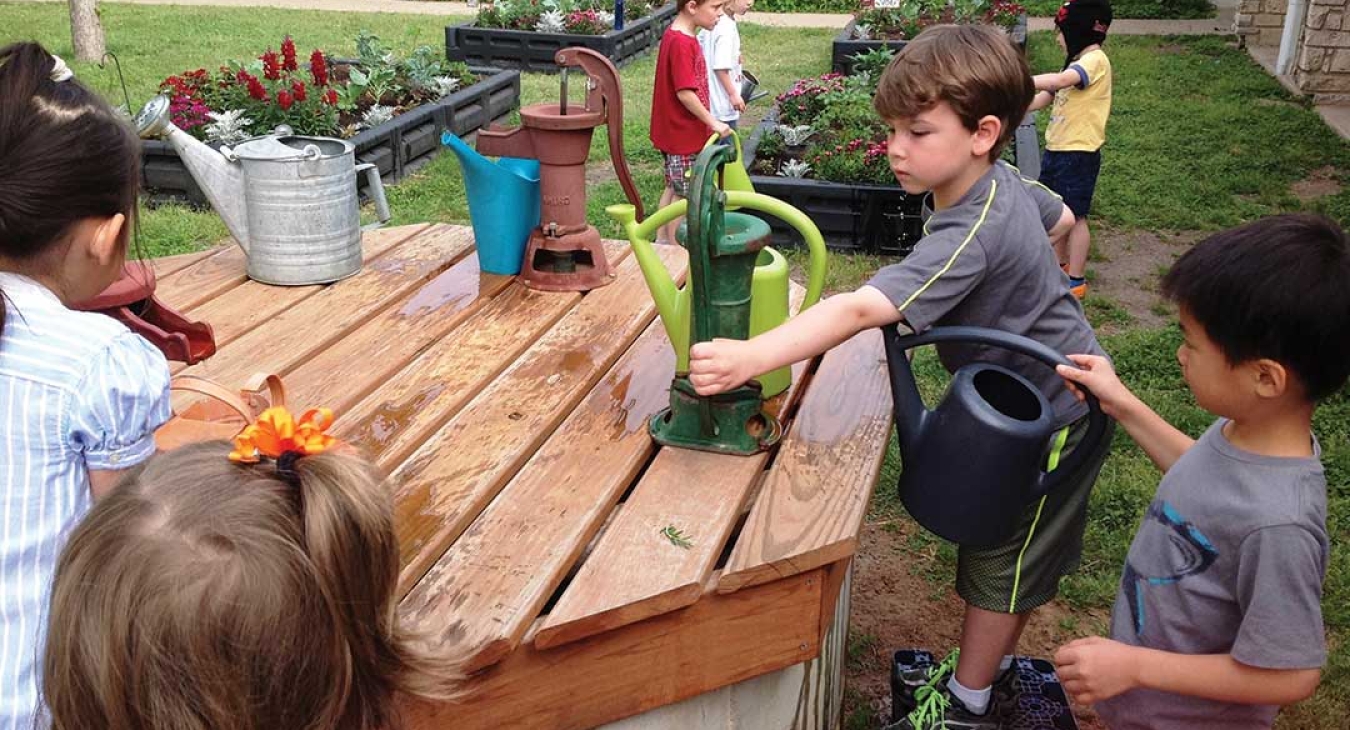
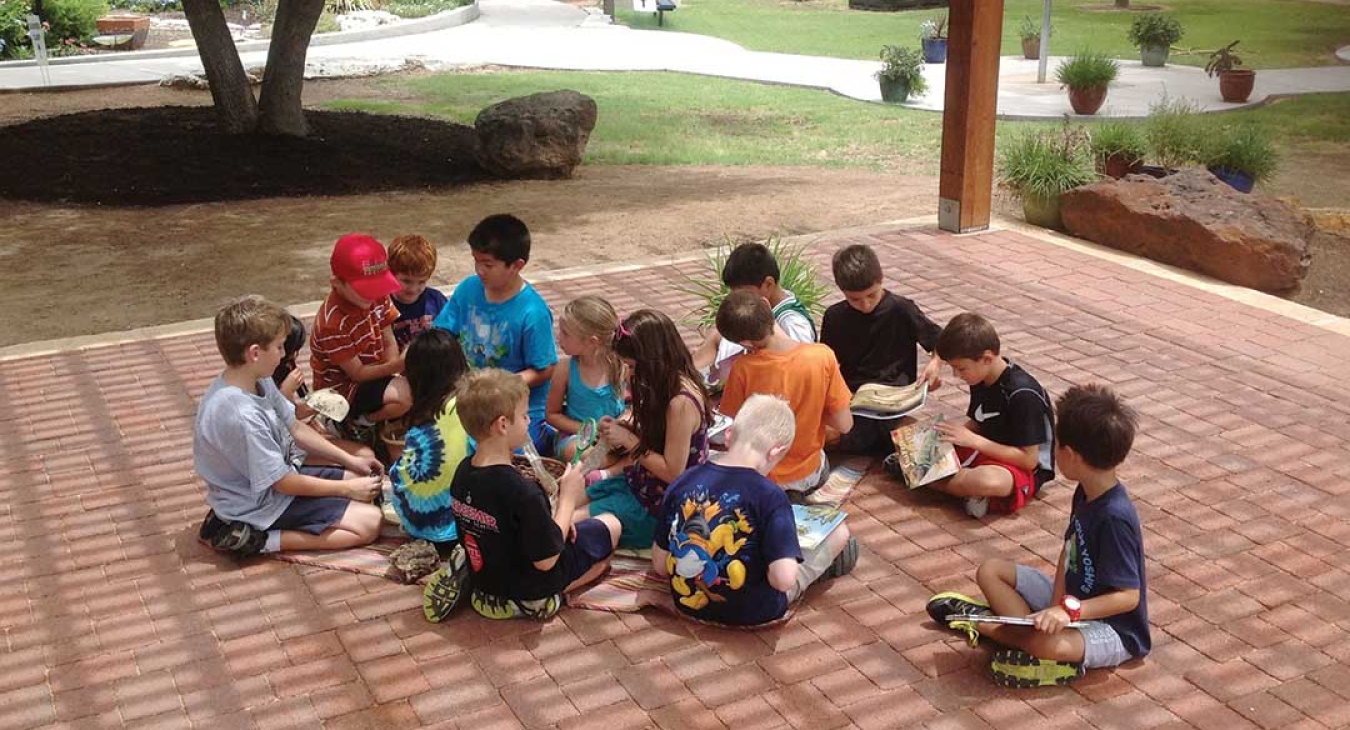
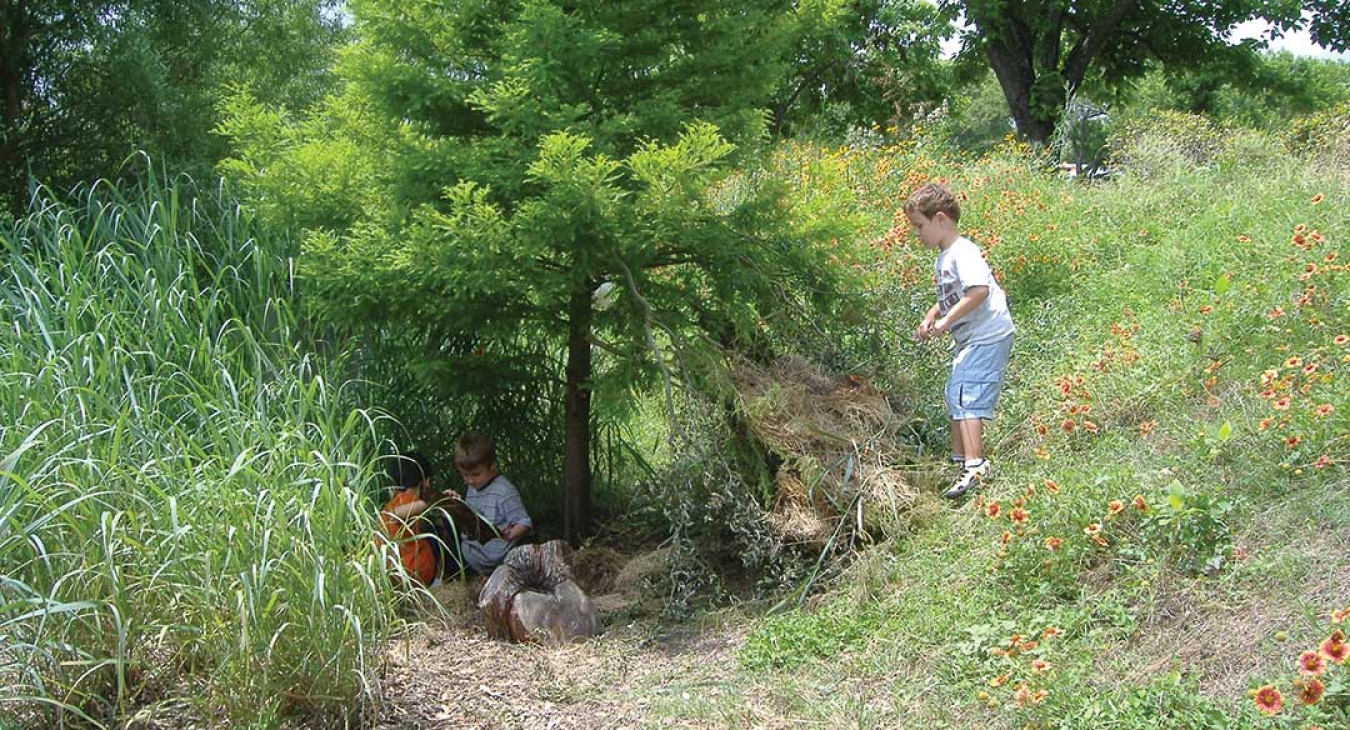

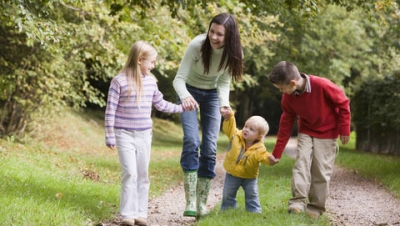





Add new comment